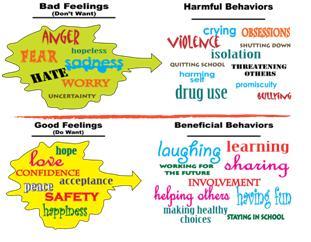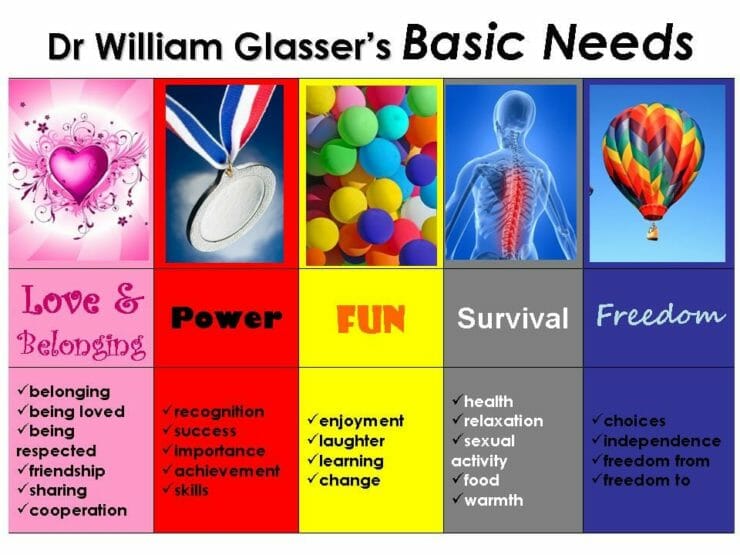
Teachers can make the classroom a happy environment for children by addressing the basic needs based on the choice theory and making sure kids have a choice.
In previous blog posts on choice theory, I explained William Glasser’s theory that everything we do in our life is a result of our choice. It is applicable to parenting, business, management, and relationships. It is very applicable to education and the way classrooms are designed.
Unfortunately, most classrooms are not places where one can be free to follow the basic needs based on the choice theory.















